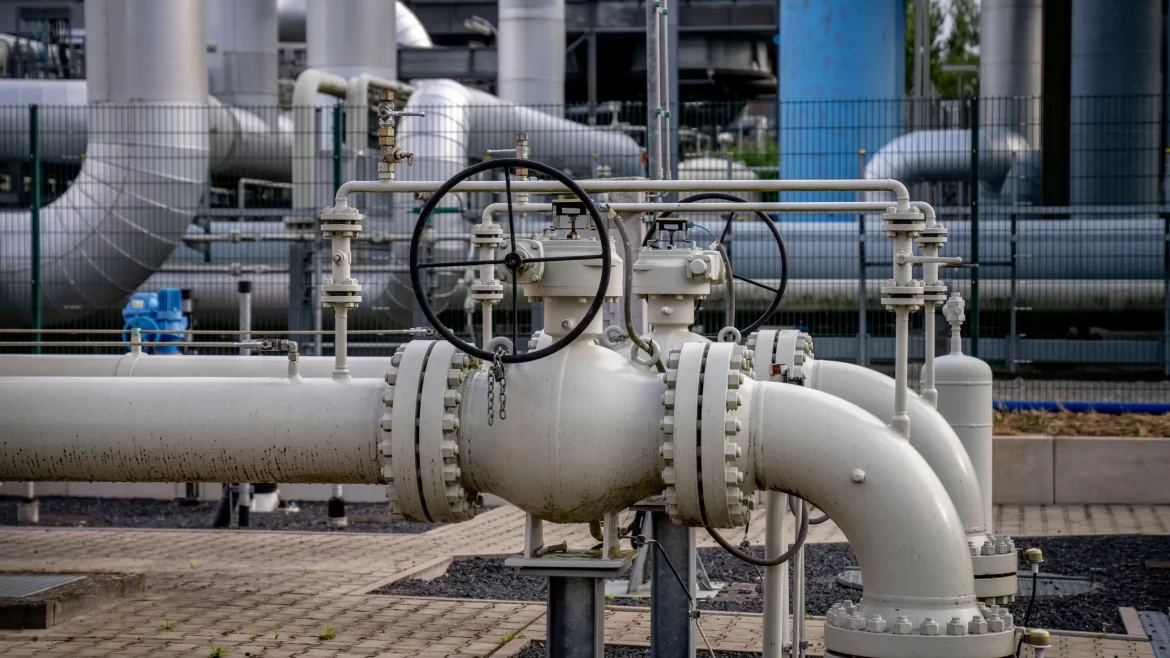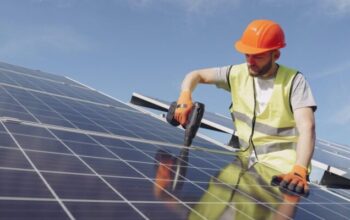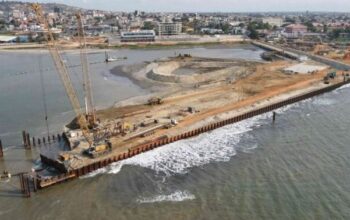South Africa’s industrial gas users are planning to form a company to secure their supply after Sasol Ltd., the sole provider, announced it will halt gas flow in 2026.
Sasol has been supplying gas to customers through the 865-kilometer Rompco pipeline from its fields in Mozambique. However, the company has stated it will stop the supply in two years, prompting concerns among industrial users.
The Industrial Gas Users Association of Southern Africa, which includes members like ArcelorMittal SA and Coca-Cola Co., has warned that without a fuel supply, companies will be forced to lay off workers and shut down operations.
“A non-exclusive joint venture agreement is being concluded with approximately 30 large and small users of piped gas in South Africa,” the group said in a statement. They plan to establish an externally funded, private company based on a cost-pass-through model.
A feasibility study has been completed, outlining the legal, regulatory, economic, and operational viability of the proposed company.
“Constructive discussions continue with Sasol and international oil companies, gas infrastructure developers, and operators to ensure continued gas supply beyond 2026,” the group stated.
South Africa is facing an impending supply crisis due to Sasol’s decision to curtail production from its Mozambique fields between 2026 and 2027.
The Energy Council of South Africa has flagged the potential loss of 300,000 to 400,000 jobs at firms reliant on gas for industrial purposes.
In November 2023, ECSA Chief Executive James Mackay warned, “There isn’t currently a supply alternative that will readily be available in the time frames needed,” and called for urgent policy direction and execution to avert disaster.
Mackay suggested that gas could be imported through a port in Mozambique or new facilities could be quickly erected at South African harbors like Richards Bay or Coega. Another potential solution was the operationalization of a gas field off South Africa’s west coast by TotalEnergies, which was projected to be operational by 2030.
However, this prospect is now uncertain as TotalEnergies shifts focus to exploring the Orange Basin near promising oil discoveries in Namibian waters.
The South African government is aware of the looming crisis. In April, the Department of Petroleum and Mineral Resources tabled its ‘Gas Master Plan,’ outlining intentions to make gas a critical component of South Africa’s energy mix and presenting various ways to introduce and grow supplies based on different demand scenarios. The plan includes new gas builds and conversions for Eskom’s “retiring” power stations.
Key proposals in the master plan call for urgent regional engagement to mitigate gas supply shortages between 2026 and 2030.
However, critics argue that the plan does not sufficiently address the tight timeline to meet the expected shortage and lacks detailed financing and funding strategies.
According to the Industrial Gas Users Association of Southern Africa, if the industry cannot secure gas, it will be forced to switch to other, potentially more environmentally damaging and expensive fuels.
These higher costs would ultimately be passed on to end-users, resulting in higher prices for consumers.
![]()




